While mainly an economic tool, tariffs are now being used to chase security objectives and confer corporate advantages, according to internal US government documents secured by The Washington Post. The materials describe bargaining demands that reach far beyond trade balances, while social media disclosures and recent policy moves sketch who benefited and how.
Draft negotiating texts show tariffs and trade talks yoked to defense goals. Officials weighed pushing partners near China to increase defense spending, host US port visits, adjust troop posture, and curb Chinese influence at strategic facilities from Israel’s Haifa port to Australia’s Port of Darwin, with additional asks across Cambodia, Taiwan, India, Indonesia, Madagascar, Mauritius, and Argentina.
“This is the first time I’ve seen that type of request in a trade agreement,” said former USTR negotiator Wendy Cutler. “When you’re sitting at the negotiating table, you’re not talking about this stuff.”
The approach can also extend to climate diplomacy, as a State Department memo urged linking trade concessions to opposition against the International Maritime Organization’s draft shipping-emissions framework. The document is described internally as a “global carbon tax,” and the department proposed that countries negotiating trade deals with Washington “are instructed” or “would be expected” to vote it down.
In Asia, documents and public statements tied tariff threats on India to non-trade aims, notably pressuring New Delhi to curb purchases of Russian oil. By August, India said roughly 55% of its exports to the US would be hit after Washington moved to a 50% levy.
Corporate asks were explicit in places. Proposed objectives included shielding Chevron from forced divestment in Israel and waiving a physical address requirement for Elon Musk’s Starlink in Lesotho. Local reporting in Maseru later flagged that Starlink’s registered address showed “no trace” of an actual office, amplifying regulatory questions around that waiver push.
“Corporate influence is now payoff-for-exemptions,” wrote analyst Brian Allen, alleging that CEOs pursued “late-night calls, gifts, and personal visits” that preceded favorable outcomes.
In a separate post, he said Apple’s Tim Cook offered “a nine-figure US investment” and “a fancy glass sculpture” as Apple won relief from “killer chip tariffs,” and claimed Nvidia secured latitude to continue selling AI chips into China after cultivating “a close relationship.”
3/ White House Happiness = Corporate Advantage
— Brian Allen (@allenanalysis) August 9, 2025
Corporate influence is now payoff-for-exemptions. Tech CEOs are ditching traditional lobbying for late-night calls, gifts, and personal visits with Trump, then getting sweet deals in return.
The Wall Street Journal and others reported that Trump unveiled ~100% tariffs on imported chips with exemptions for firms investing in US production—explicitly name-checking Apple—while coverage noted Cook’s gifting of a US-made glass engraving during an Oval Office event.
The president himself linked tariffs to allied burden-sharing: “We take care of countries all over the world… And then when you want to cut back a little bit, they get upset.”
Information for this story was found via The Washington Post and the sources and companies mentioned. The author has no securities or affiliations related to the organizations discussed. Not a recommendation to buy or sell. Always do additional research and consult a professional before purchasing a security. The author holds no licenses.

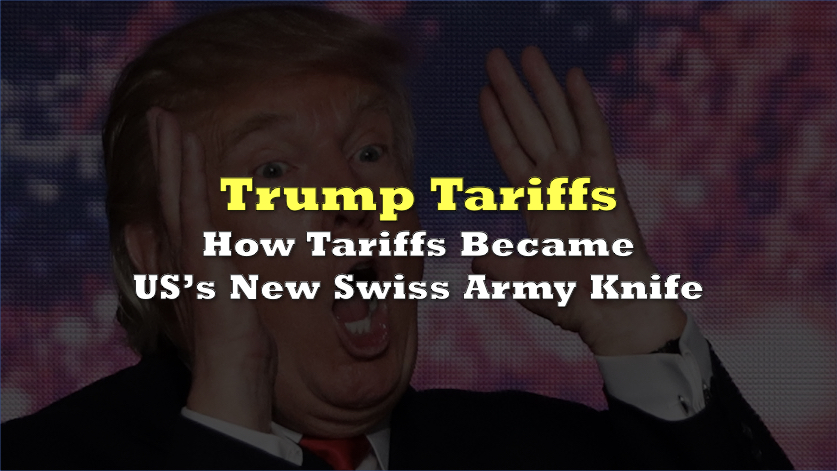



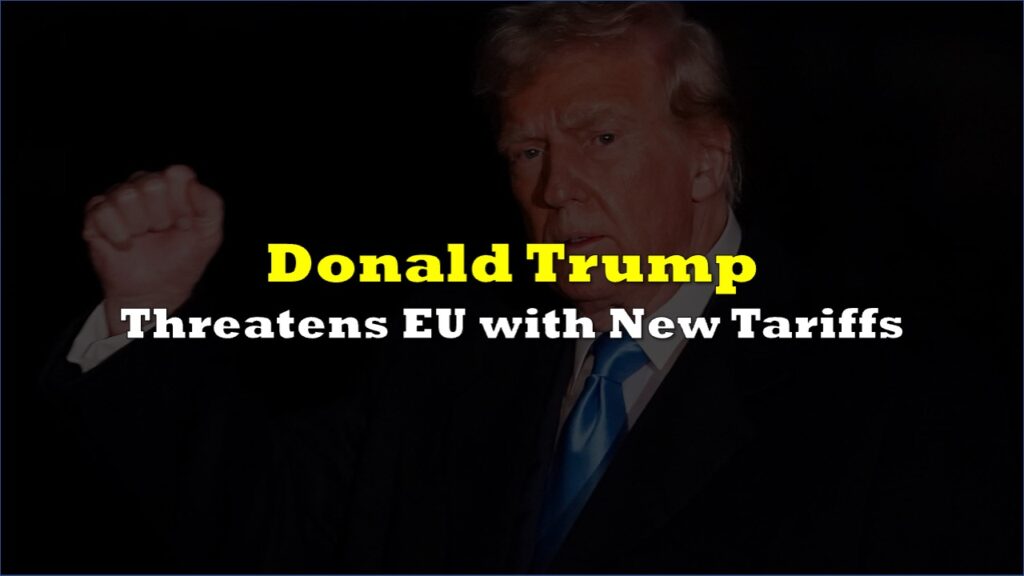
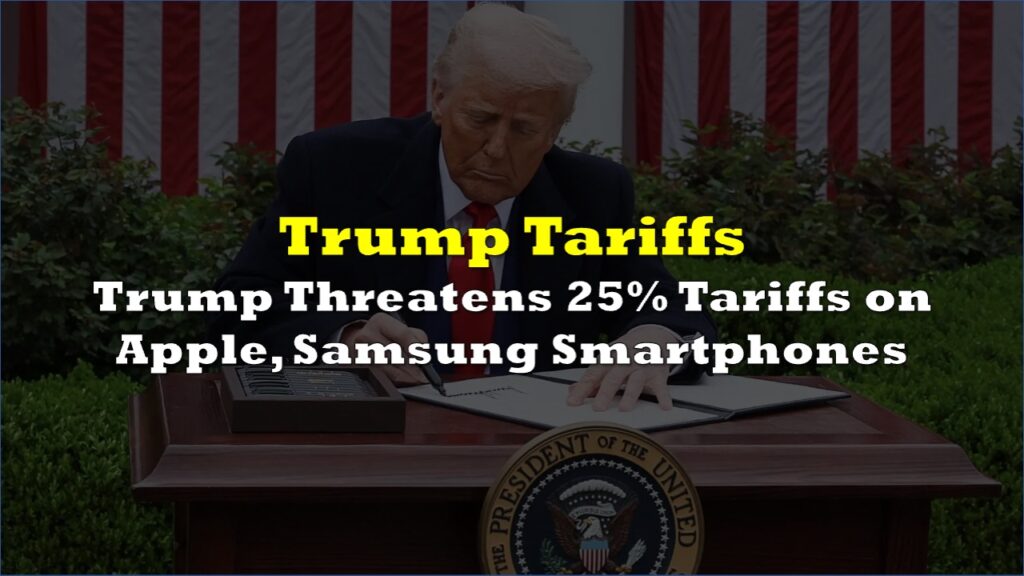
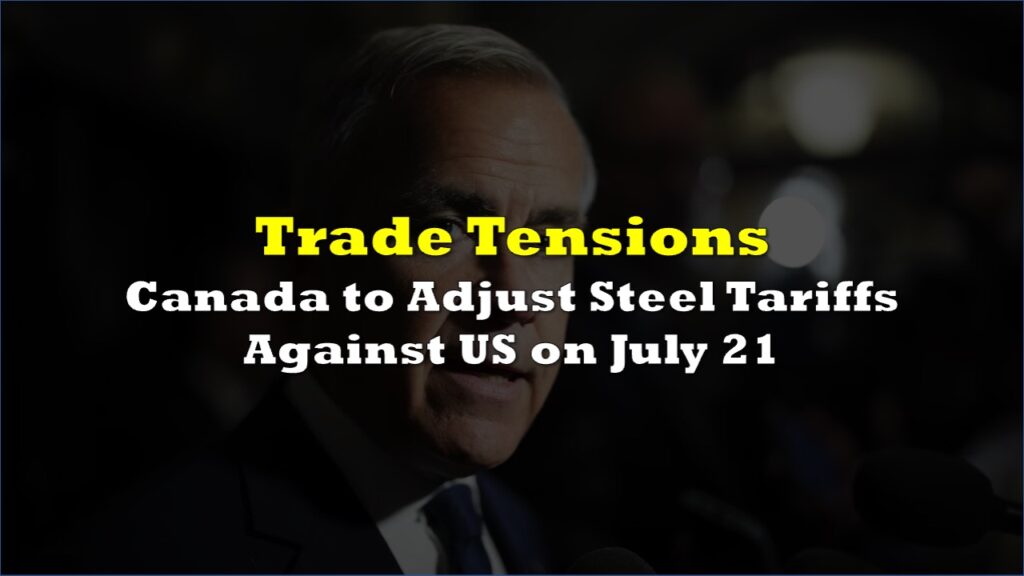
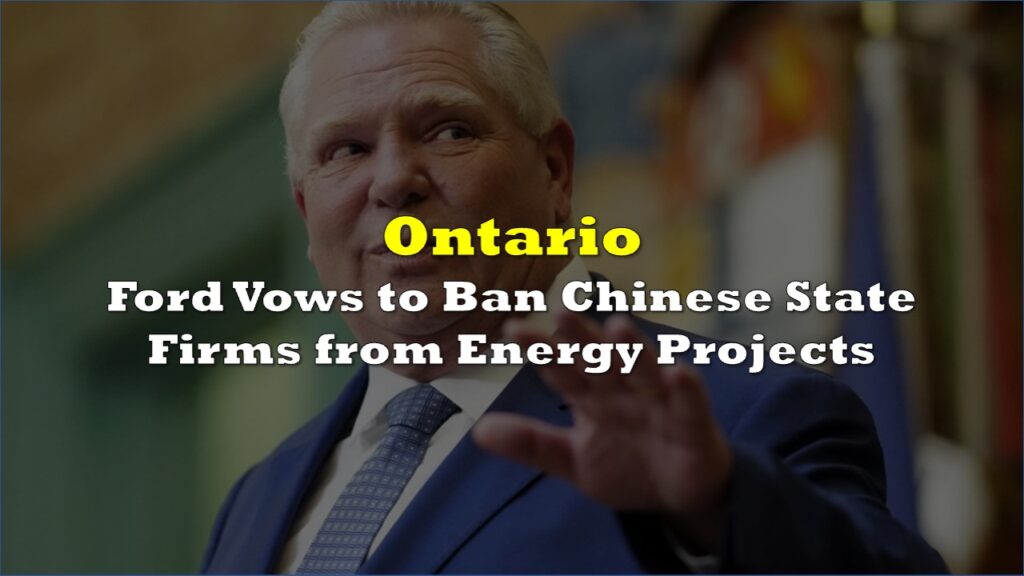
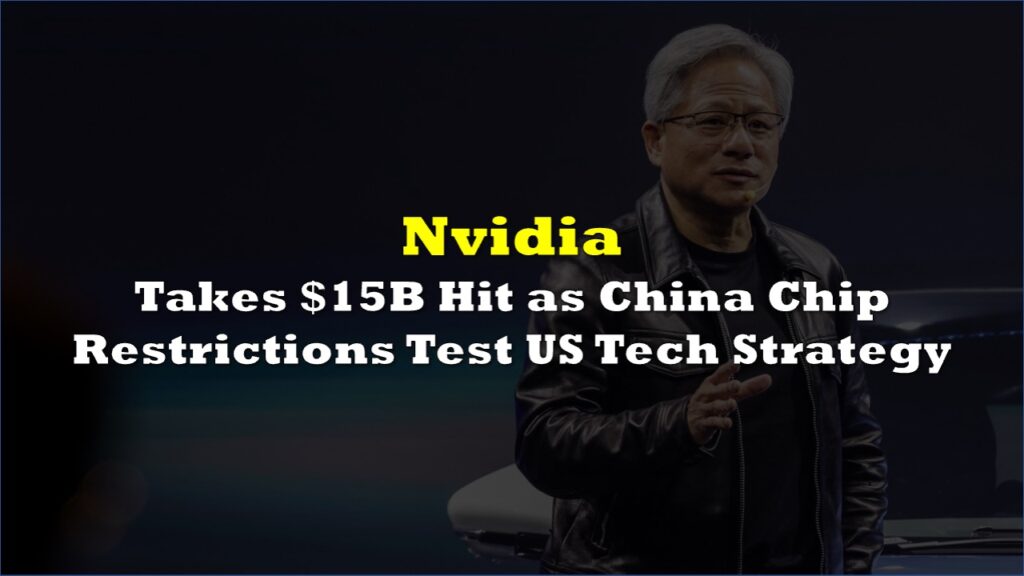
One Response
Bullying and extortion. Mob boss. The art of the deal.